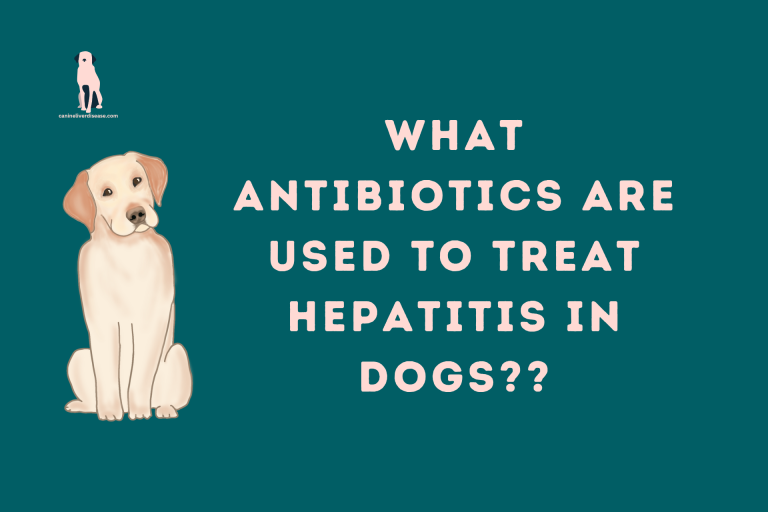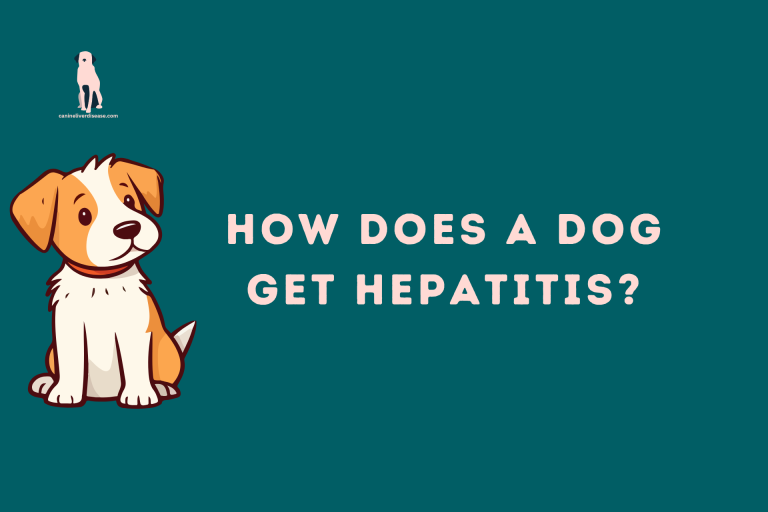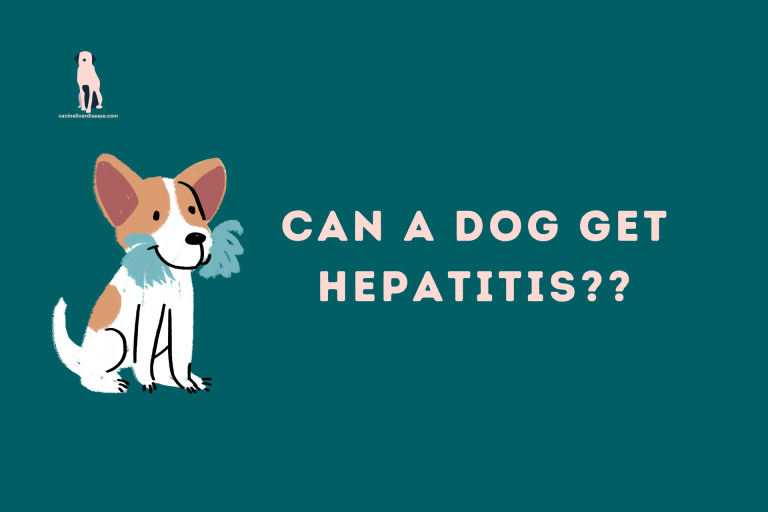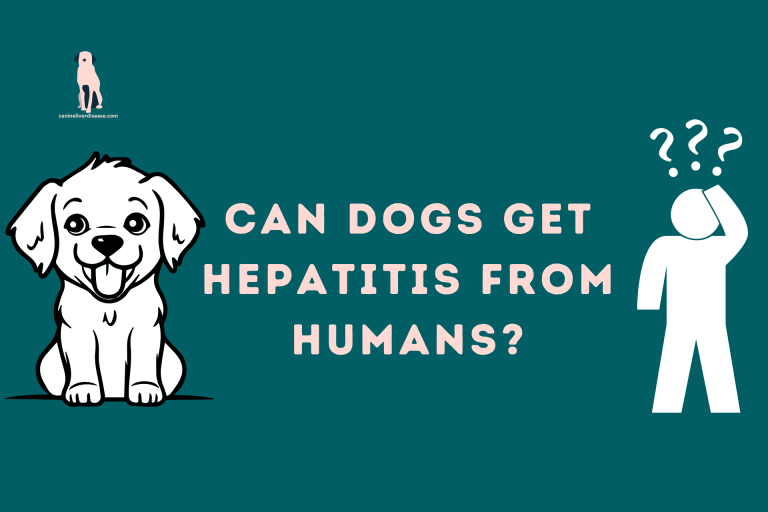Types Of Dog Hepatitis: Exploring Various Forms of Canine Hepatitis
Canine hepatitis is a serious condition that affects dogs of all ages and breeds. This article will delve into different types of dog hepatitis, including Infectious Canine Hepatitis, Canine Chronic Hepatitis, and the risk posed by leptospirosis. We will discuss the symptoms, prevention, and treatment options for each while maintaining an informative, objective, and technical tone with an undertone of education, care, urgency, and reassurance.
Types Of Dog Hepatitis
- Infectious Canine Hepatitis
- Canine Chronic Hepatitis
What is Infectious Canine Hepatitis?
Infectious Canine Hepatitis, often called ICH, is a viral disease caused by the Canine Adenovirus Type 1 (CAV-1). This virus primarily targets a dog’s liver, leading to liver necrosis and other health complications.
What is Canine Chronic Hepatitis?
Canine Chronic Hepatitis, also known as chronic hepatitis in dogs, is a long-term liver condition. Unlike ICH, this form of hepatitis is not caused by a viral infection but is associated with inflammation and damage to the liver over time.
Leptospirosis in Dogs (The Risk of Leptospirosis)
Leptospirosis is a bacterial infection that can affect dogs and other animals, including humans. While it primarily affects the kidneys and can cause severe kidney damage, it can also lead to liver issues and hepatitis in dogs.
Recognizing the Signs of Hepatitis in Dogs
Common Symptoms of Dog Hepatitis
Hepatitis in dogs can present a variety of symptoms, which may include:
- Fever: An elevated body temperature is a common sign of hepatitis.
- Vomiting: Dogs with hepatitis may experience recurrent vomiting.
- Jaundice: Hepatitis can lead to jaundice, characterized by yellowing of the eyes and gums.
- Abdominal Pain: Dogs with hepatitis may exhibit discomfort or pain in the abdomen.
- Enlarged Liver: The liver may become enlarged and palpable.
- Blood Clotting Abnormalities: Hepatitis can affect blood clotting, leading to unusual bleeding or bruising.
The Importance of Early Detection
Early detection of hepatitis is crucial for effective treatment. If you notice any of these symptoms in your dog, it’s urgent to consult a veterinarian. They can perform diagnostic tests to determine the type and severity of hepatitis and initiate appropriate treatment.
Preventing Hepatitis in Dogs (The Role of Vaccination)
Vaccination is one of the most effective ways to prevent infectious canine hepatitis. The Canine Adenovirus Type 1 (CAV-1) vaccine provides protection against this viral form of hepatitis. As your veterinarian recommends, regular vaccination is essential to keep your dog safe.
Other Preventative Measures
Apart from vaccination, you can take other preventative measures to reduce the risk of hepatitis in your dog. These include maintaining good hygiene practices, avoiding exposure to contaminated water sources, and providing a balanced diet to support liver health.
Treatment Options for Canine Hepatitis
1. Veterinary Care for Hepatitis
The treatment of hepatitis in dogs requires professional veterinary care. Veterinarians will conduct thorough evaluations, including blood tests and imaging, to diagnose the specific type and extent of hepatitis. Treatment plans may include antibiotics, anti-inflammatory medications, and supportive care.
2. Supportive Care and Medications
Supportive care is essential in managing hepatitis in dogs. This may include dietary changes, fluid therapy, and medications to alleviate symptoms and support liver function. Your veterinarian will tailor the treatment plan to your dog’s individual needs.
FAQs
Q1: What is infectious canine hepatitis?
A1: Infectious Canine Hepatitis (ICH) is a viral disease caused by Canine Adenovirus Type 1 (CAV-1). It primarily affects a dog’s liver, leading to liver necrosis and various health complications.
Q2: What are the symptoms of canine chronic hepatitis?
A2: Symptoms of canine chronic hepatitis may include fever, vomiting, jaundice, abdominal pain, an enlarged liver, and blood clotting abnormalities.
Q3: How can I prevent hepatitis in my dog?
A3: Prevention measures include vaccination against CAV-1, maintaining good hygiene, avoiding contaminated water sources, and providing a balanced diet for liver health.
Q4: What treatments are available for dog hepatitis?
A4: Treatment options for dog hepatitis include antibiotics, anti-inflammatory medications, supportive care, and dietary management. The specific treatment plan depends on the type and severity of hepatitis a veterinarian diagnoses.
Conclusion
In conclusion, understanding the different types of dog hepatitis, recognizing their symptoms, and taking preventative measures such as vaccination are crucial steps in ensuring the well-being of your furry friend. If you suspect your dog may have hepatitis, don’t hesitate to seek urgent veterinary attention. Early detection and professional care can significantly impact your dog’s recovery and quality of life.







